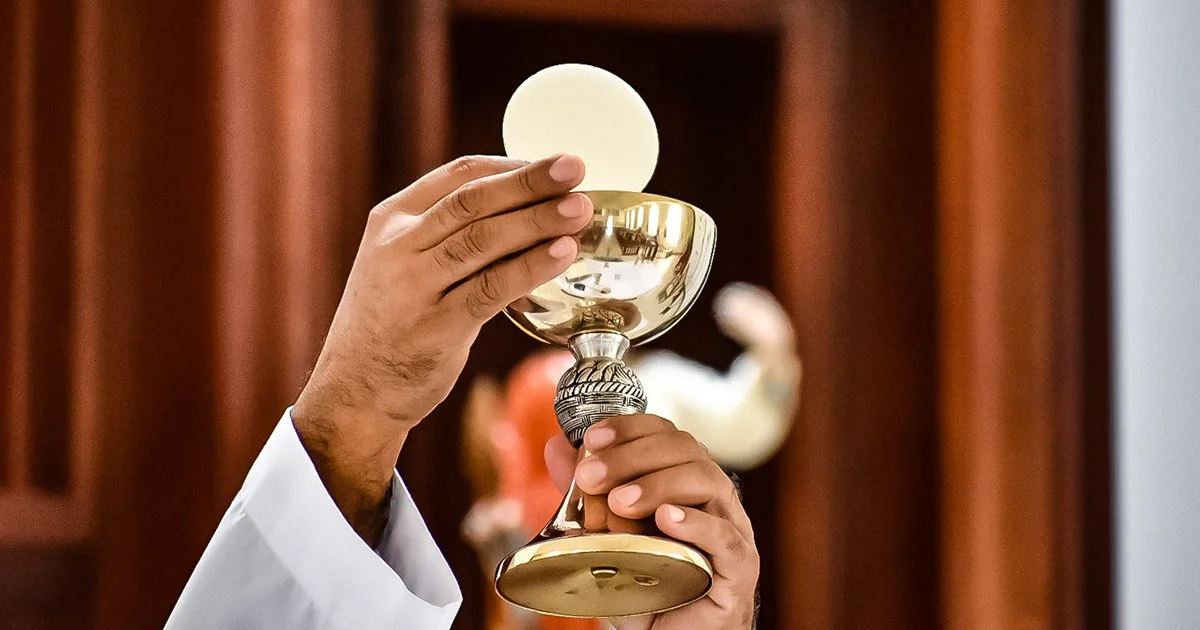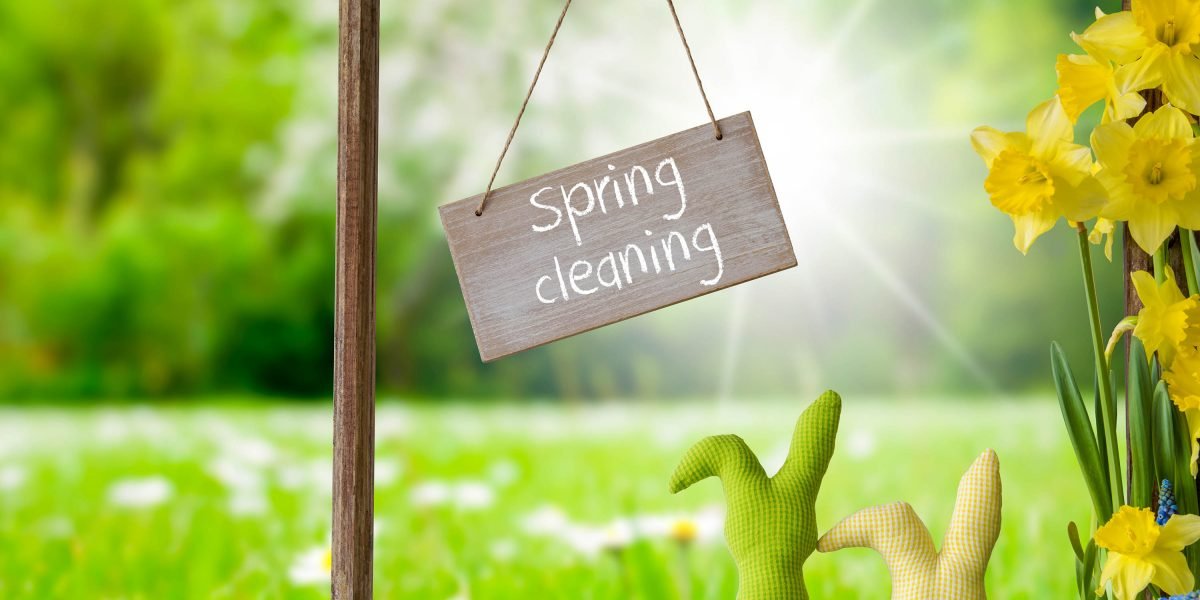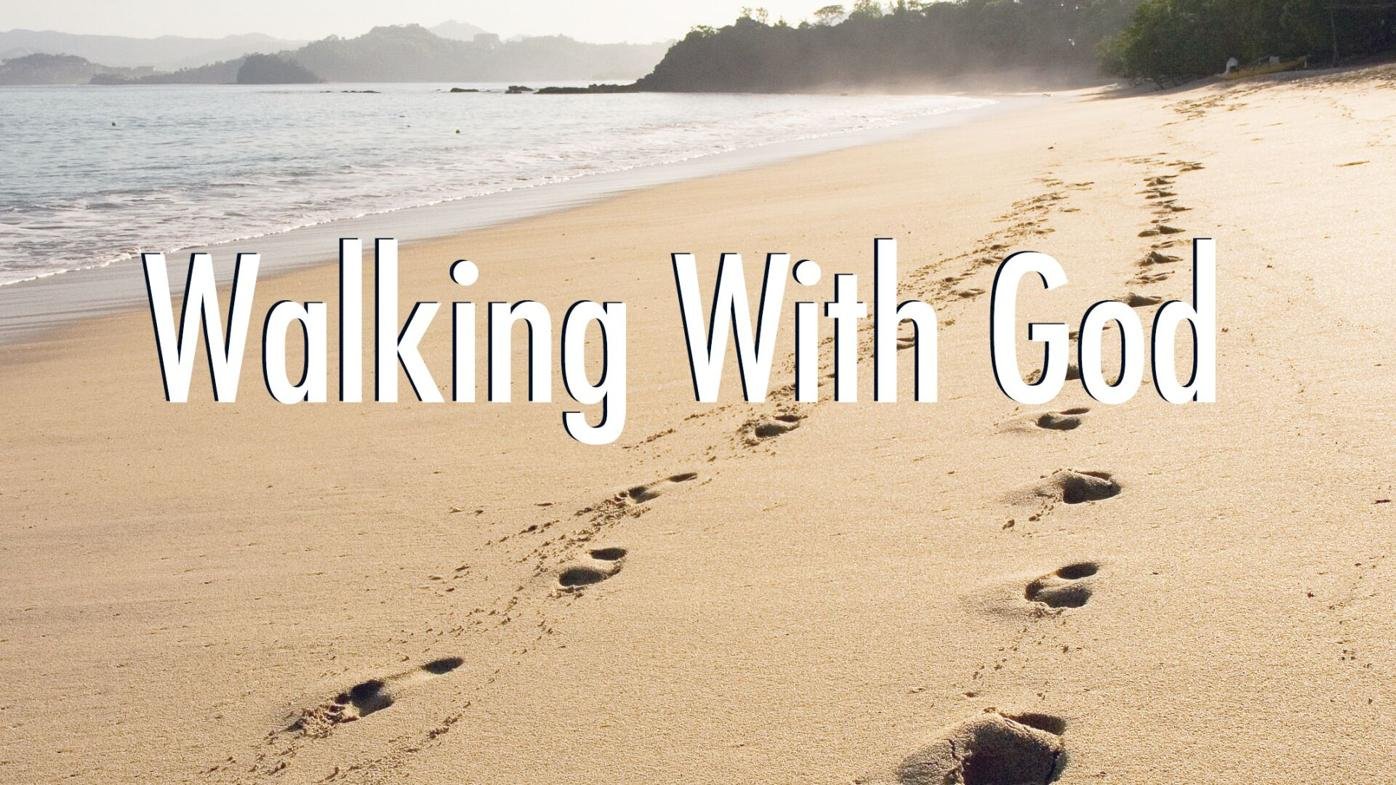I’m a person who likes to move every day if possible — whether it’s walking, lifting weights, stretching, cycling, or hiking. If I don’t stay physically active, my joints begin to ache, I get grumpy and I can’t focus. Since I know this about myself, I have been physically active my whole life — in different ways in different seasons. I give myself permission to do be active because I know I’m better for others when I am consistent in this habit.
Even more important than exercise, is my commitment to pray every day. If you are reading this, you probably pray every day too. I also feel called to attend daily Mass as much as possible. I know that not everyone feels called to daily Mass, and for many people, work and family commitments can make attending daily Mass a challenge. In the Columbus diocese, we are blessed to have access to daily Mass from early to mid morning morning, during lunch time and into the late afternoon each day.
A priest friend of mine recommends that everyone try to get to one daily Mass per week as it can be life-changing. For him, daily Mass was key to hearing God’s voice and the call to the priesthood; that is powerful testimony!
Much like my commitment to regular exercise, being consistent with daily Mass several times each week strengthens me and helps me to be better for others. I was recently reflecting that, on our walk with Jesus, and in our desire to be more like him, receiving the Eucharist softens our hearts, increases our love for Jesus and for others, and challenges us to listen and respond to how Jesus is calling us to love and serve.
St Thomas Aquinas said, “The Eucharist is the sacrament of love: it signifies love, it produces love. The Eucharist is the consummation of the whole spiritual life.”
If I have a week when I’m not able to attend daily Mass as often as I’d like, I feel a longing in my heart and I also begin to notice that my thoughts and my behavior change — even if it’s ever so slightly. I notice that I begin to feel less connected to Jesus and to others and selfishness enters in. I need only to call upon Jesus who is always there for us.
St Euphrasia said, “To speak of the Blessed Sacrament is to speak of what is most sacred. How often, when we are in a state of distress, those to whom we look for help leave us; or what is worse, add to our affliction by heaping fresh troubles upon us. He is ever there, waiting to help us.”
One of the fruits of daily Mass for me has been as desire to spend more time in Eucharistic Adoration. I find that the more I receive Jesus, the more I wish to spend time with him in quiet prayer and reflection. We are familiar with the Matthew 11:28-30, “Come to me all you are weary and burdened and I will give you rest. Take my yoke upon you and learn from me, for I am gentle and humble in heart, and you will find rest for your souls.”
For me, this summarizes my desire for the daily Eucharist. I can rest in him, give him my concerns, my day, my challenges and my joys. In receiving him, I receive his - body, blood, soul and divinity and I receive his peace. St. Mother Theresa of Calcutta said, “I thirst’ and in this she meant, she thirsts for Jesus — and of course he thirsts for us even more than we thirst for him.
St Maximilian Kolbe said, “If angels could be jealous of men, they would be so for one reason: Holy Communion.”
May we, like the saints, acknowledge our thirst for Jesus. Let us respond by seeking him often in the sacraments and let us prayerfully encourage and invite others to join us for daily Mass and Eucharistic Adoration.






















